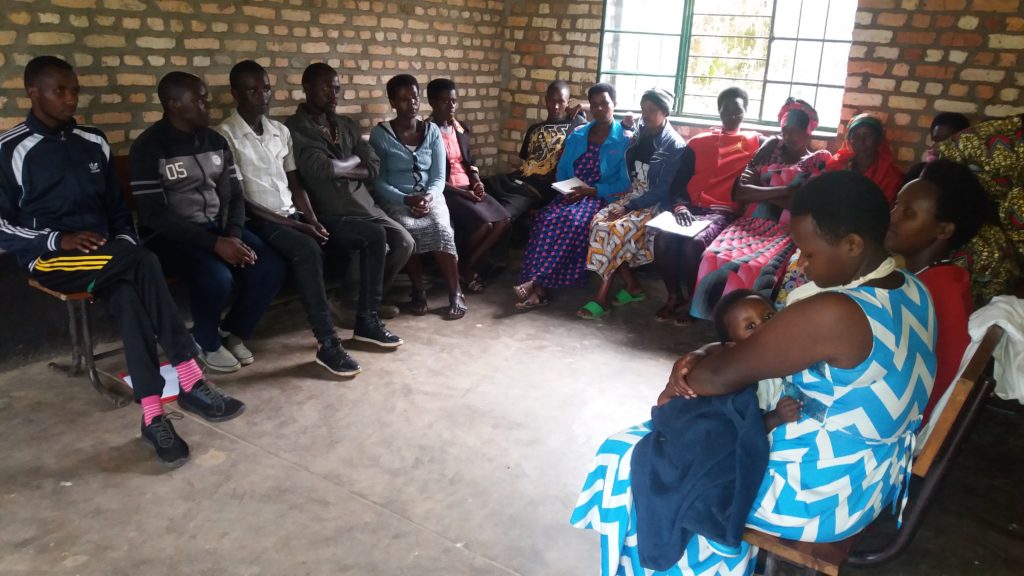‘Komera’ is the Rwandan word for courage; these words were spoken by a genocide survivor who has seen her share of catastrophes. She doesn’t underestimate the challenge posed by the coronavirus, but she has a sense of perspective that not all of us share at the moment.
Many people in Africa are not surprised when sudden events like natural disasters, diseases or men with guns upend their lives. Their philosophical attitude is shared by residents of earthquake zones, who know that everything they take for granted could change in a few seconds.
Yet, it is easier to be stoic about the Covid-19 virus when you are fortunate enough to live in a place with a modern health system and well-stocked grocery stores, and you have a secure home.
Finding New Ways Of Doing Our Work
The pandemic is still unfolding in the countries where Network for Africa works. Rwanda and Uganda are already in lock-down, and we expect Sierra Leone to follow shortly. We are going to find new ways of doing our work, training people to manage their post-traumatic stress, and organizing support groups for survivors of trauma – because up until now, we have relied on delivering mental health services to large groups of people.

Our methods are based on getting people to share their problems and work together to find solutions, supporting each other. Our mental health clinics administer to 60+ people each time. Our Self-Help groups have 20 members. Our community awareness raising sessions have about 40 people attending.
In A Time Of Lock Down In A Poor Country
How will people get their medication? How will people be diagnosed? How will people access our services?
Right now, we are working with our partners to find solutions –
- we will need more mobile phones, doing telephone consultations to check on clients;
- we may carry out home visits instead of bringing people together – which means providing our partners’ staff with bicycles or bus fares;
- we are discussing recruiting local volunteer networks to reach people in need.
Although we are working from home, we are sharing ideas with our network of mental health groups to discuss how best to support the people who are delivering services on the ground.
As stoic as many Africans may be in the face of hardship, we know that if the pandemic takes hold in sub-Saharan Africa, many communities are without the medical infrastructure to respond, and many people lack the physical resilience that well-nourished people in the global north have. Whatever happens, there will be an even greater need for the mental health support we provide.
Help Us Help Those in Need
We understand that some of our friends and supporters will also be facing challenges in the weeks ahead. We are also bracing for a slow-down in donations from trusts and foundations who are invested in the stock market. However, if you are able to help us, we would be doubly grateful. These are strange times, but we take heart from our African friends who have endured so much, and yet remain optimistic. Thank you.
Help Our African Friends